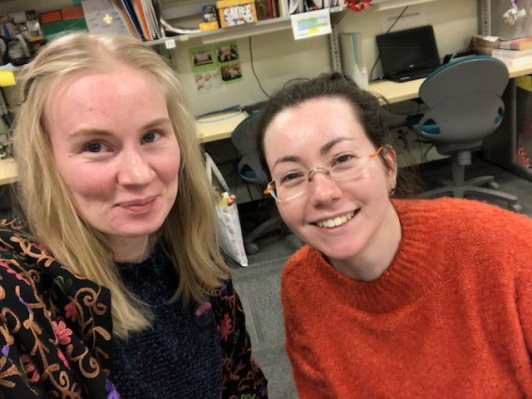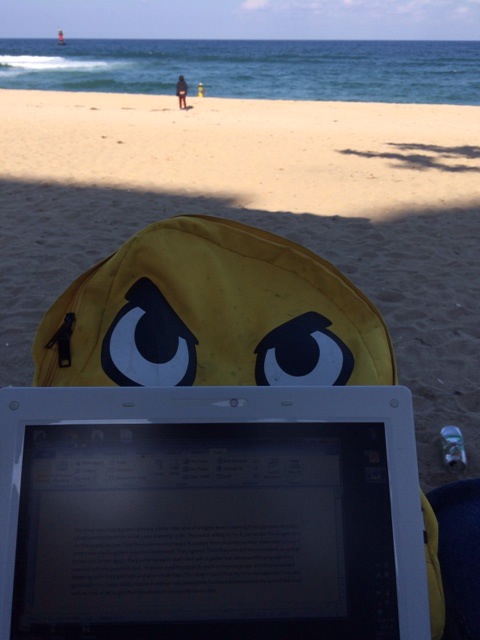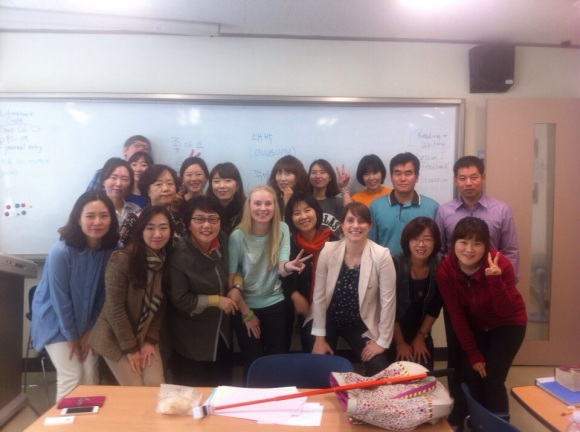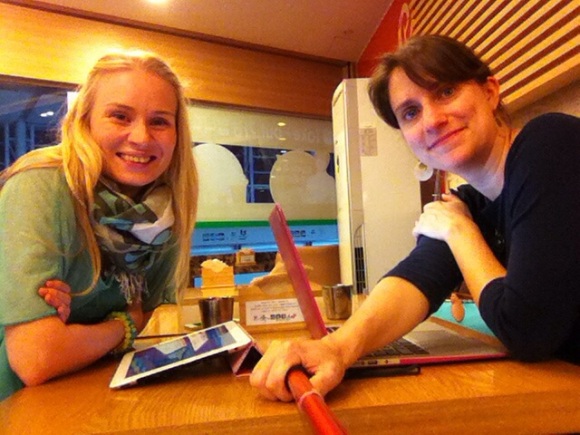I welcome 2018 in an idle state of mind. I wrote elsewhere that reflecting on the year that passed did not come natural this time, and it still holds true. Every time something important (and even unimportant) happened, I talked it over and in detail and the matter ceased to exist or bother. When and if it didn’t, I blogged.
For resolutions, I found that for me writing them publicly almost equals condemning myself to failure. Sure, I can tell you I plan to create routines, and practice Japanese, and write diligently every day (just like I recommend my students to do, hypocrite), and study something new, and so on and so forth. The truth is known – I likely won’t. I do crave writing though, so on this cloudy yet beautiful day on a beach somewhere in Myanmar, instead of starting off the year with a post that is doomed disappointment, I will muse and ramble. No shame in that.
***** A few random thoughts on the beach, Year 2018, Day 2 *****
- I feel proud when I see former students writing in perfect, complex English sentences on social networks. By “proud” I mean proud of their effort and success. At the same time, I feel just as proud when I see former students writing in short and simple English sentences on social networks, because it takes courage to start and overcome the barrier, even if the wall is digital.
- Last year I sounded critical far more often than I intended to, in various situations related to work. If I made resolutions, one would be to breathe deeply and give myself time before offering any opinions, however important they seem to be at the moment. In fact, especially when I feel that my opinion is the right one and thus so “necessary” to be shared immediately. I will keep practising deep listening.
- Related to the previous point, one of the presentations I’m planning to do this year will be about Buddhist ideas that impacted my teaching. I quite look forward to that.
- It should not be viewed as official statistics but I feel like the majority of my colleagues have part-time jobs in addition to the main, if not too demanding, full-time job in our university. People work as IELTS examiners on their one and only day off (Sunday), give classes in other universities or language schools, do translation work, etc. This leads me to contemplate my own strong choice of NOT adding more PAID work to my day. It is pretty clear to me that I love teaching, so why wouldn’t I teach more? Why wouldn’t I add more variety to the somewhat monotonous life within a unified curriculum, a classroom life that repeats itself day to day, week to week, semester to semester?… The answer to these questions to myself is, I enjoy exactly this. Having the time to leisurely stay at work after work and do things at my own pace; organizing reflective practice meetings each month and investing my time and energy in what is going to happen there, because it’s something I truly care about at the moment; curating and editing iTDi Blog issues on a *mostly* monthly basis; being involved in a few projects at work at the same time; presenting at conferences; organizing a conference; and doing my many hobbies off and on. It is good for me. But… might I enjoy a side job, too?… That’s something to ponder this coming year.
- In March I will go to Vietnam to give workshops and volunteer as a member of the Teachers Helping Teachers team (a JALT SIG I mentioned previously in my posts). Maybe I will decide it is what I want to be involved in more. Maybe I will like Vietnam so much that I will choose to live and work there. Maybe it is a passing stage and I will keep looking for what it is I want to do next with my career. In 2018, I’m open to maybes.
- Along the same lines, I recently heard from a colleague about opportunities to (volunteer to?) teach English to North Korean defectors. If there is a way to do it online, or on a short-term basis (my trips to South Korea are frequent but never longer than a week), I would jump at the chance.
- Finally, I want to apologise to all I have left waiting for something from me: emails, comments, responses to requests… I have not been very organized. It has not always been easy to face communication and/or making decisions. Sometimes I am efficient, other times I dread the pressure.
*****
Aimless, I step into 2018.
I know I will try to be the best teacher I can and be kinder to my students, my colleagues, and myself.
I want to try to keep up the rejuvenated spirit of socializing offline.
I might try to be a better communicator online, too.
It is kind of exciting to not have a big plan of what happens next and make adjustments on the way. It’s fitting this way now.
Onwards!
Thank you for taking the time and reading to the end. I truly appreciate the fact. 🙂









